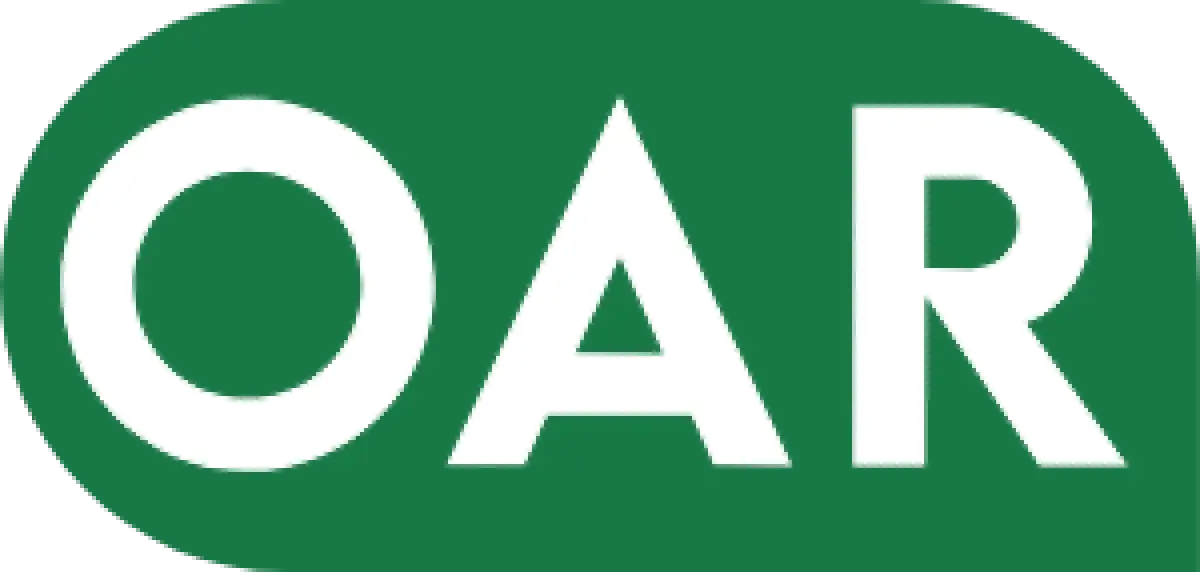The Differences Between Past-due, Overdue, and Delinquent Accounts
Apr 30, 2024

These nuances reveal insights into payment behaviour, risk assessment, and creditor relationships.
This article explores past-due, overdue, and delinquent accounts, clarifying their definitions, implications, and necessary actions. We aim to empower readers to understand and navigate financial terminology confidently and clearly.
Key Differences Between Past Due and Delinquent Accounts
Distinguishing between past-due and delinquent accounts is vital for sound financial management. A past-due account signifies overdue payments that haven't yet reached a delinquent status, usually with fewer repercussions. Conversely, a delinquent account indicates late payments, potentially resulting in penalties or negative impacts on credit ratings.
| Aspect | Past Due Debt | Delinquent Debt |
| Definition | Payments overdue but not yet delinquent | Payments officially late |
| Timing | Overdue but not yet classified as delinquent | Officially recognised as late |
| Consequences | Typically, incurs fewer penalties | May result in severe repercussions |
| Credit Impact | Minor impact if resolved promptly | Can significantly damage credit scores |
| Legal Ramifications | Rarely leads to legal action | May involve debt collection or court proceedings |
| Notification | Often preceded by reminders | May escalate without prior notice |
| Repayment Terms | Flexible arrangements may be possible | Often requires immediate payment |
| Credit Reporting | It may not always be reported | Usually reported to credit agencies |
Past Due Accounts
In financial terminology, past due accounts denote instances where payments have exceeded their due date but have not yet reached severe delinquency status. They represent a stage of overdue payments, requiring attention to prevent further escalation.
While they indicate financial strain, they typically present an opportunity for remediation before more serious consequences ensue. Monitoring past-due accounts closely allows for timely intervention to prevent further financial instability.
Accounts often slip into past due status due to the following:
- Missed payment deadlines, which may result from oversight or financial constraints.
- Cash flow issues, such as unexpected expenses or reduced income.
- Delays in payment processing by banks or financial institutions.
- Invoicing errors or discrepancies that may lead to confusion and delayed payments.
Effective communication between debtors and creditors regarding payment terms and deadlines is essential to minimise the incidence of past-due accounts.
Contact OAR to Handle Past Due Accounts
Overdue Accounts
Overdue accounts refer to accounts where payments have exceeded their due date, indicating a delay in payment. They signify a stage beyond the due date but may not yet have reached severe delinquency status, requiring prompt attention to prevent further financial consequences. Unlike past-due accounts, overdue accounts indicate a heightened level of seriousness, as payments have extended beyond their due date without resolution.
The ramifications of overdue accounts extend beyond mere inconvenience, potentially leading to severe penalties and damage to credit ratings. Failure to address overdue accounts promptly may result in additional fees, interest charges, and even legal action. Also, persistent negligence in resolving overdue accounts can strain relationships with creditors and tarnish one's financial reputation.
You must communicate proactively with creditors and formulate a plan to address overdue accounts to mitigate these adverse consequences. Taking decisive action to rectify overdue accounts is essential for safeguarding financial stability and maintaining trust within the financial ecosystem.
Delinquent Accounts
Delinquent accounts denote payments that have significantly exceeded their due date, indicating a failure to meet financial obligations punctually. This status represents a more severe stage of overdue payments, often leading to penalties and negative impacts on credit ratings.
Delinquent accounts may lead to accounts receivable agency involvement, using methods like phone calls and letters to pursue outstanding debts. Creditors may also take legal action, such as filing lawsuits or obtaining court judgments, to reclaim overdue payments.
Engaging in legal proceedings can result in additional costs for the debtor, including court fees and legal expenses. Also, neglecting delinquent accounts promptly may harm credit ratings and risk asset seizure through court orders. Remember, consulting legal professionals can aid in resolving delinquent accounts and averting legal consequences.
Delinquent accounts pose a higher risk to creditors, indicating potential non-payment or default, which can lead to substantial losses. Promptly monitoring and addressing delinquent accounts are crucial for mitigating risks and maintaining the creditor's financial health.
Outsource Accounts Receivable for Efficiency
Minimise Bad Debt Risks With Effective Accounts Receivable Management
Effective accounts receivable management is vital for businesses to mitigate bad debt risks. Diligent management ensures timely customer payments, reducing the likelihood of default.
- Clear credit policies aid in evaluating customer creditworthiness before extending credit.
- Regular receivables monitoring enables early identification of potential delinquencies, facilitating proactive measures.
- Offering incentives or penalty payments from customers.
- Accurate records aid in tracking outstanding payments, enhancing effective follow-up.
- Strong customer relationships foster trust and prompt payments through effective communication.
- Using accounting software or automated reminders, streamlines accounts receivable and cuts administrative load.
- Flexible payment options, like instalment plans or online portals, aid prompt invoice settlement.
- Seeking assistance from debt collection agencies or legal professionals aids in recovering outstanding debts within legal and ethical guidelines.
Ultimately, effective accounts receivable management is crucial for maintaining positive cash flow, reducing bad debt risks, and ensuring the long-term financial health of the business.
 Author: Giles Goodman, Commercial Intervention Officer OAR
Author: Giles Goodman, Commercial Intervention Officer OAR
Giles Goodman is the definitive expert in cross-border commercial debt collection, mediation, legal recovery, and accounts receivable. Based in London, his 25 years of experience provide a global perspective on preventing defaults and efficiently managing overdue accounts. Giles’s insights and analyses empower business owners worldwide with strategic approaches to financial management and recovery.

Take control of your cash flow.
Streamline Vendor Onboarding & Boost Payments Worldwide.
Contact Us
OAR | Copyright 2025


